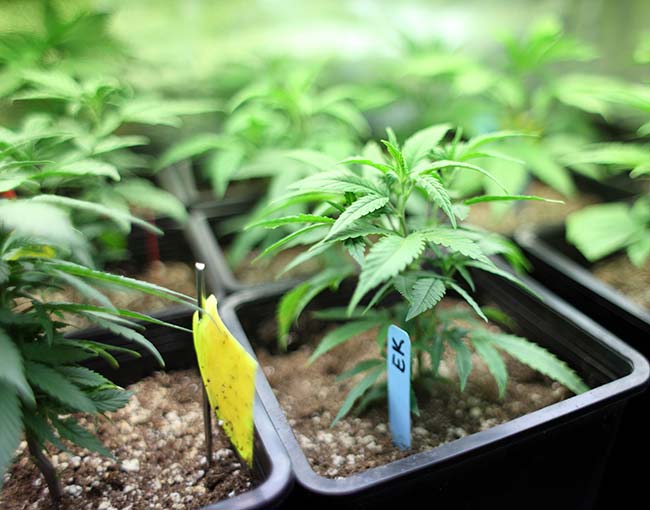Carl Rowley of Thompson Coburn's cannabis practice attended Marijuana Business Media’s 2015 Marijuana Business Conference at the Rio Hotel, Las Vegas, where more than 5,500 attendees attended daylong sessions on the industry and were able to meet with more than 230 exhibitors.
As a group, they were impressed by the quality of the attendees and their seriousness regarding the industry, its ongoing success and dedication to delivering high-quality product for patients and customers.
After attending the event last week, the team came away with several major takeaways:
Industry participants disagree on how to regulate cannabis
When discussing possible federal regulation of the cannabis industry, few panelists, exhibitors and other industry members could agree on what form that regulation should take. Often, those espousing a particular scheme, or advocating for the lack thereof, had quite spirited discussions about the right track for the industry. The one thing they all agreed upon, however, was that a unified goal for the industry was needed in order to make sure the kind of regulation eventually implemented is reasonable and workable by the industry. While some industry insiders saw eventual federal regulation as the key to the future of the industry, others expressed a strong opinion that the cannabis industry should remain state-regulated only, similar to the way the liquor industry is regulated.
Legal issues abound
One overarching concern among all participants at the Conference was that of legal compliance. Every business at the convention has to worry about IRS concerns related to claiming business expenses, the paucity of banks willing to deal with the cannabis industry and accept cannabis-related funds, and the inability to work with credit cards. These concerns, of course, are all accompanied by the constant concern regarding cannabis’s Schedule I status. In addition, two new concerns were regularly raised more frequently than at other industry events and were often cited among the next major challenges to face the industry:
- Products liability- The first products-liability-like lawsuit was recently filed in Colorado and was a regular focus of conversations and presentations at the Convention. The expert panelists agreed that this was only the first of many such lawsuits, and that industry members should be anticipating more, and position themselves accordingly; including obtaining legal representation ahead of any complaint.
- Food Safety- The edibles, medibles and other infused products market was generally agreed to be the single greatest growing sector of the cannabis market for the foreseeable future. With that growth, and with more players in the industry, the risk of adverse reactions to a cannabis-infused product is increasing. State and federal oversight of infused-products manufacturing facilities is inevitable and has already begun. Panelists stated that compliance with state and federal food safety laws should be a priority for infused-product companies. (See our comments on food safety and edible labeling.)
The industry is specializing
As the industry spreads, the number of specialized companies is increasing, and they are becoming more sophisticated in their goods and services. Companies are specializing in everything from security and lighting to cannabinoid extraction, the creation of cannabis based supplement-like products, the development of new smoking products like vaporizers, and even genetic sequencing and purity testing.
The cannabis industry is growing, and growing up quickly
The cannabis industry has been growing at exponential rates. By the end of 2015, it is expected that the industry, nationally, will account for more than $3 billion. In Colorado alone, combined medicinal and recreational cannabis sales will total approximately $1 billion. These trends will only continue as additional states pass laws legalizing medicinal and recreational/adult-use cannabis.
















